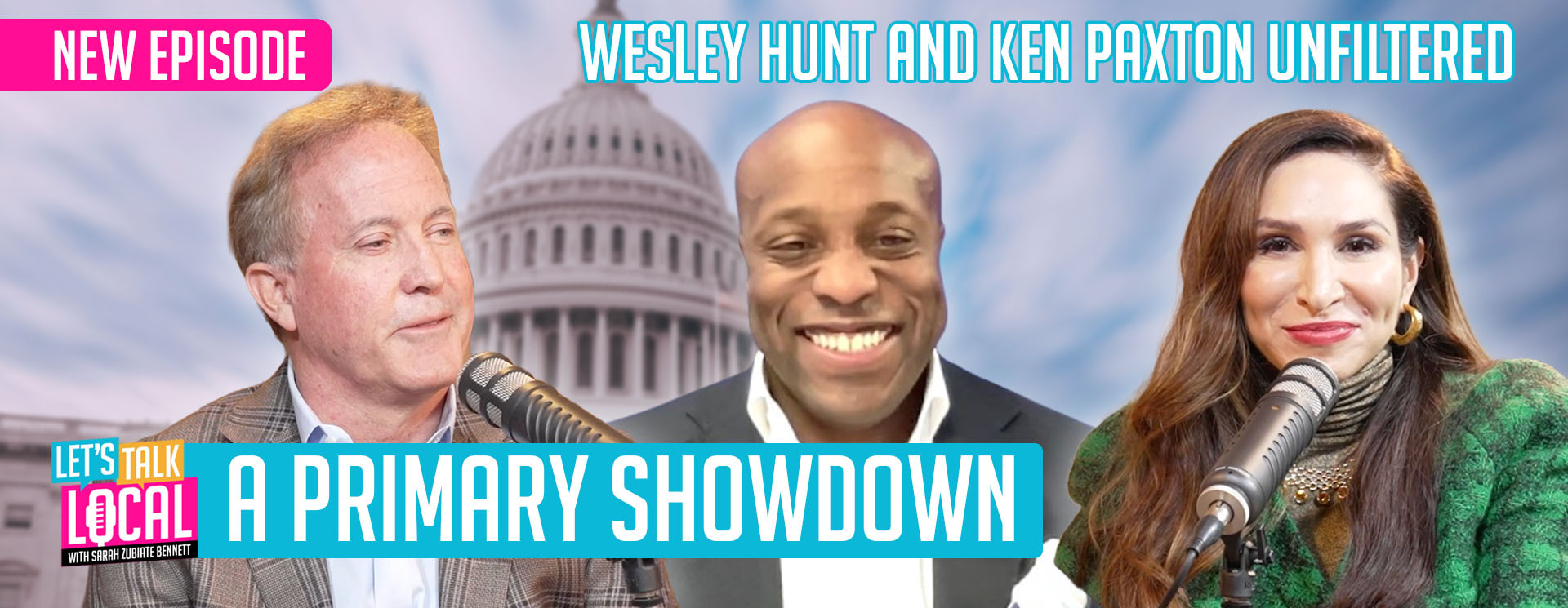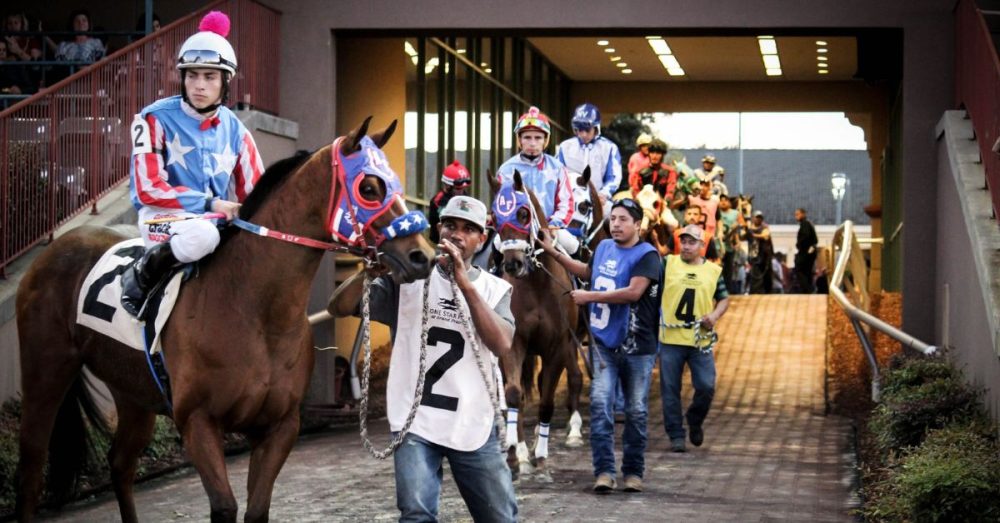(Texas Scorecard) – A state auditor’s report released in the summer of 2024 revealed ongoing financial mismanagement at the Texas Racing Commission, an agency already under legislative scrutiny.
An audit of the commission’s Horse Industry Escrow Account found that over $3 million in expenditures lacked proper documentation, making it impossible to determine how the funds were used.
Thanks to House Bill 2463 passed in 2019, sales tax funds on horse-related items up to $50 million are swept into the escrow account and used to supplement race purses. Texas taxpayers may be surprised to know that money from the $50 million slush fund is being sent to out-of-state breeders.
The commission failed to verify that purse supplements, meant for race winners, were actually used as intended. The auditors identified this as a priority, meaning that if it’s not addressed immediately, it could “critically affect the audited entity’s ability to administer the program effectively.”
Additionally, required annual audit reports from breed registries were often late and incomplete, with 75 percent lacking a required auditor statement on the proper use of funds.
The commission could not provide documentation for 39 out of 40 required quarterly reports from breed registries, and escrow account funds were used for unallowable purposes, including $7,856 in lodging expenses that were not permitted.
The audit also uncovered errors in allocating purse funds, resulting in overpayments and underpayments to various tracks.
These findings, among others, highlight the commission’s ongoing struggle with financial oversight and accountability despite legislative attempts at reform.
In 2021, Senate Bill 713 continued the commission but required staff changes, and in 2023, House Bill 4115 aimed to further regulate horse racing. However, the audit shows these measures have not sufficiently addressed the commission’s issues.
This situation echoes problems observed at the Texas Lottery Commission, another state agency that is disregarding legislative direction, potentially to its peril.
Gambling advocates, who resurrected the horse racing industry as a tool to expand gambling in the state, often position the sport as a way to empower Texas’ equestrian community.
Currently, four tracks are operating in the state: Gillespie County Fair & Festivals, Lone Star Park, Retama Park, and Sam Houston Race Park.


